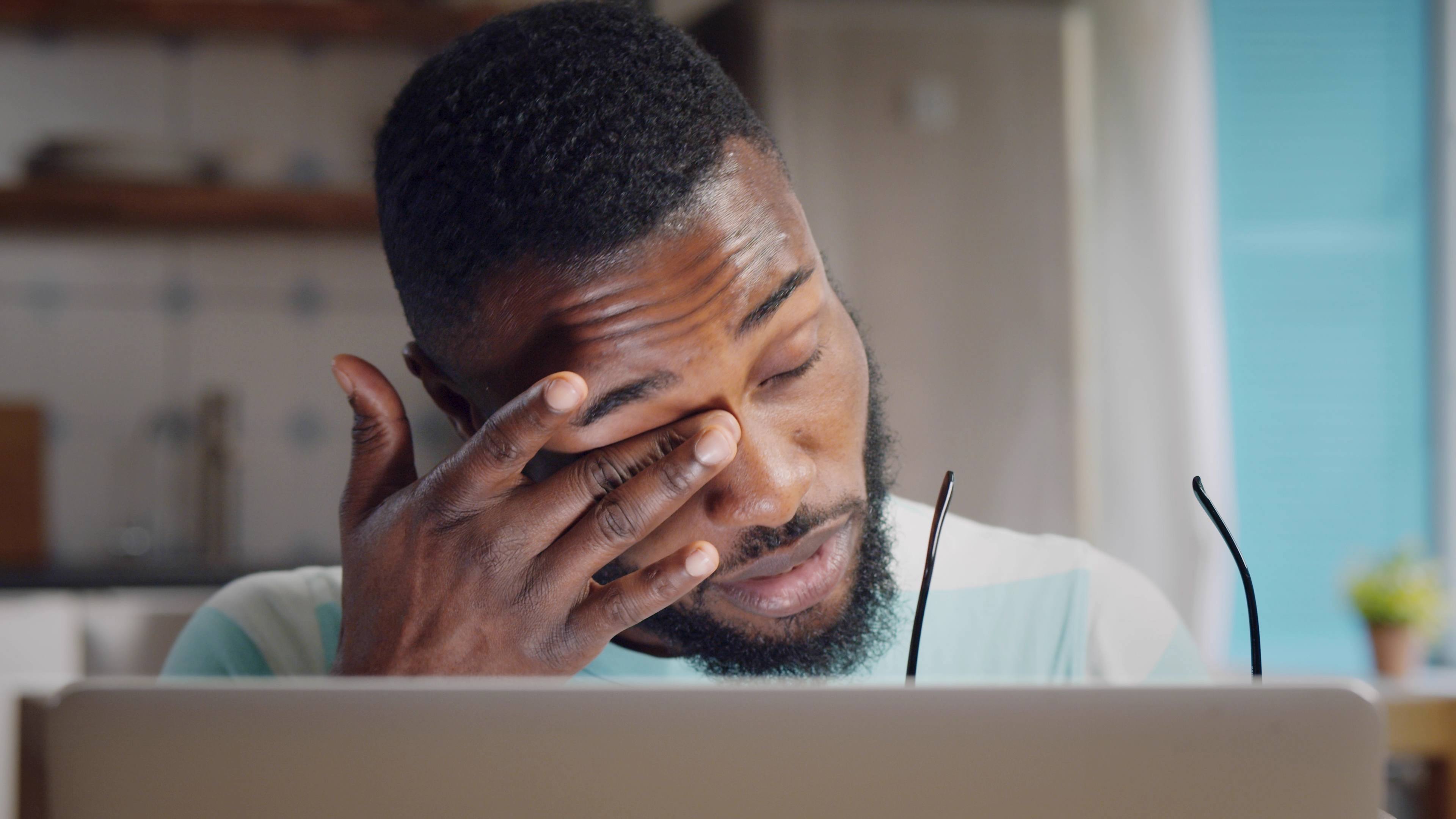-
With Diabetes, Daily Foot Care is Critically Important
ROCHESTER, Minn. — For people with diabetes, a small cut or blister on the foot is an open invitation for infection and potentially more serious complications, including amputation.
The November issue of Mayo Clinic Health Letter covers why a daily foot-care routine is critically important for people with diabetes.
High blood sugar from diabetes can damage nerves in the feet. Damaged nerve networks reduce feeling, so a small injury may not cause noticeable pain. Nerve changes due to diabetes also can cause skin to become very dry, contributing to peeling and cracking. Diabetes also narrows arteries, reducing blood flow to the feet. With less blood flow, sores, wounds and minor injuries are slow to heal.
The Mayo Clinic Health Letter offers these tips for daily foot care:
Look closely: A mirror may be helpful or a family member may be enlisted to look for blisters, cracking, nail problems, redness, swelling or feet that are pinker, paler, darker or redder than usual. Any changes should be reported to a health care professional.
Keep feet clean and dry: Feet should be washed with a soft washcloth or sponge and mild soap. Pat or blot to dry, being sure to dry between the toes.
Moisturize: A thin coat of skin lotion such as Vanicream or a similar product can help moisturize the tops and bottoms of feet. Avoid between the toes, as this might contribute to infection.
Trim toenails: Toenails should be trimmed straight across. An emery board or nail file can be used to smooth the corners. A foot specialist (podiatrist) or another member of a health care team can assist with this if needed, especially if nails are thick or they curve and grow into the skin. Skilled podiatry care is generally more appropriate than visiting a nail salon.
Protect feet: Shoes and socks should always be worn. With bare feet, it's too easy to step on something that may cause injury. Lightly padded, breathable socks help avoid blisters and sores. Loose socks protect feet while sleeping. Heating pads and hot water bottles shouldn't be used on feet, as they may cause injury or burns.
Mayo Clinic Health Letter is an eight-page monthly newsletter of reliable, accurate and practical information on today's health and medical news. To subscribe, please call 800-333-9037 (toll-free), extension 9771, or visit Mayo Clinic Health Letter Online.
###
About Mayo Clinic
Mayo Clinic is a nonprofit worldwide leader in medical care, research and education for people from all walks of life. For more information, visit MayoClinic.com or MayoClinic.org/news.
Journalists can become a member of the Mayo Clinic News Network for the latest health, science and research news and access to video, audio, text and graphic elements that can be downloaded or embedded.
Media Contact: Ginger Plumbo, 507-284-5005 (days), newsbureau@mayo.edu







